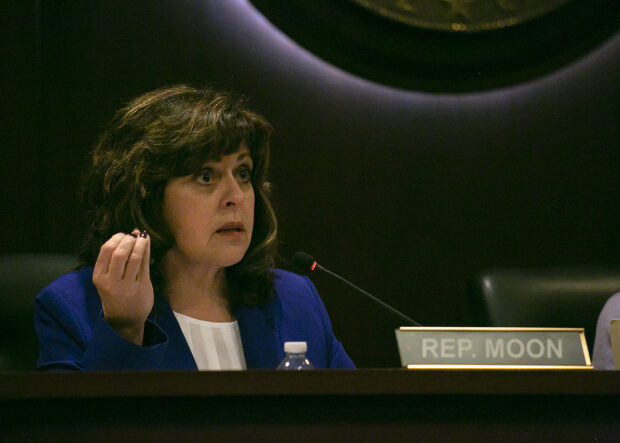The Legislature will play big a role in rewriting Idaho’s academic standards.
When new committees hold their first meetings next week, 11 legislators will be among the 88 people assigned to rewrite math, English and science standards.
But it won’t just be a handful of legislators. The entire process will be guided by a three-page letter that lawmakers sent to state officials earlier this year urging them the replace the standards.
“The letter, that really is the roadmap for the rewrite of the standards,” Chief Deputy Superintendent for Communication and Policy Marilyn Whitney said.
The committees — one each addressing science, math and English — meet remotely Monday and Tuesday.
Those meetings will set off a lengthy and detailed process that is expected to include finishing newly proposed standards in time for the State Board of Education meeting in October 2021. From there, newly proposed standards would go before the 2022 Legislature.
If this sounds familiar — and maybe even a little confusing — it should. Earlier this week, a legislative interim committee met for the first time to discuss the standards review process. That legislative committee is separate, but it will help guide the standards review committee, SDE officials said. There is also overlap between members of the legislative committee and the three committees rewriting the standards.
Standards debates have been a hot topic in four of the previous five legislative sessions.
This year, the House Education Committee voted to repeal all academic standards in math, science and English before it was overruled by the Senate Education Committee.

Rep. Dorothy Moon, R-Stanley, said she opposes science standards that cast Idaho businesses and industry in a negative light.
“That needs to be looked at with a fine-toothed comb on the politicization of different careers and industries in this state that are not looked favorably upon currently in some of the science standards,” Moon said Monday.
Moon has a seat on the committee rewriting science standards.
The process to fill the committees began after the legislative session ended. Schools chief Sherri Ybarra’s content and curriculum staffers sought nominations from education stakeholder groups, parents, educators, legislators and the public.
House Education Committee Chairman Lance Clow, R-Twin Falls, and retiring Senate Education Committee Chairman Dean Mortimer, R-Idaho Falls, both recommended members. Reps. Ryan Kerby, R-New Plymouth, Gary Marshall, R-Idaho Falls, John McCrostie, D-Garden City, and Moon also submitted nominations, said Karlynn Laraway, the SDE’s director of communications, assessment and accountability.
Altogether, those groups sent 168 nominations to the SDE, which pared the list down based on geographic considerations and including minimum numbers of representatives across the different stakeholder groups.
The three committees include teachers, administrators, higher education professionals, school board members, parents and legislators. The SDE committee rosters list 41 teachers and 11 legislators between the three committees.
Reopening Committee deadline nears
Gov. Brad Little’s Public School Reopening Committee held its second full meeting of the week Thursday.
Rather than take action, the meeting was more of a check-in for members as they prepare to bring a draft of guidance forward next week.
The committee faces a tight deadline. Little only announced its existence last week. It’s given itself a June 30 deadline to piece together guidance that will be intended to help local school officials who are developing their own reopening plans.
“I don’t want our timing to overshadow the quality of work,” State Board of Education President Debbie Critchfield said.
The state has turned over the decisions on local reopening plans to local school boards. The guidance Little’s committee will issue will be nonbinding.
Critchfield said she expects the committee to issue a shorter report, perhaps in the ballpark of 10 pages, that would be easy for parents, teachers and school leaders to understand.
Even as the June 30 deadline nears, the committee is wrestling with many complicated issues. Insurance carriers have said they likely won’t cover costs if someone contracts COVD-19 at school and sues, making school liability a hot topic within the reopening debate.
Other issues are stubborn, including uncertainty about how students will maintain six feet of physical distance on the school bus and how it could affect pick-up and drop-off times.
Masks are another matter. Committee members said there is a huge difference in meaning if even a few words are interchanged between ”masks are permitted,” “masks are encouraged,” “masks are recommended” and “masks are mandated.”
The full committee is expected to meet again Monday afternoon.
